Pandemic inquiry useless without admitting to failures
While delaying a review into our Covid response is advisable, it won’t make much of a difference anyway.
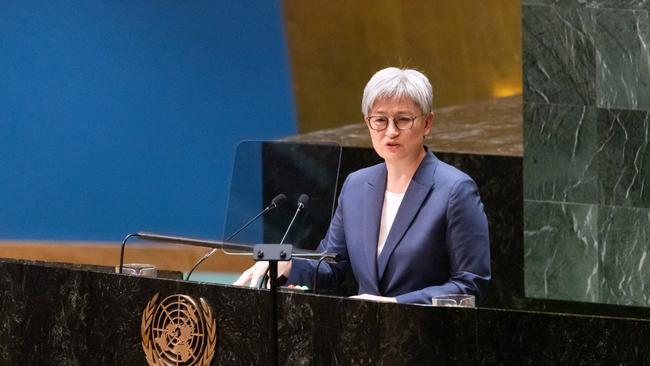
Senator Wong blamed the pandemic for “hardship and suffering” and for “exacerbating inequities of our global system”, pointing out that 124 million people fell back into poverty.
To be sure, SARS-Cov2, the coronavirus that emerged in early 2020, contributed to the deaths of millions of people around the globe, as any new, highly contagious virus would in a world of eight billion people. But much of the suffering over the past few years was caused by governments, not “the pandemic”.
Covid-19 didn’t print trillions of dollars, euros and pounds, which have prompted rampant inflation, years of declining living standards, higher interest rates and a massive surge in inequality.

The virus didn’t close schools and universities, ruin small businesses, delay medical treatments, sow intergenerational discord and isolate people from their loved ones. It didn’t force millions of people to take a rushed vaccine against their will, or censor doctors and medical professionals who turned out to be right. These were all political decisions. Until our political leaders are able to speak honestly about the role of government in the hardship and suffering of the past few years, any sort of inquiry will be a waste of time, whatever the terms of reference happen to be.
The risk of having an inquiry too soon is that the conclusions will endorse the government response because the vast bulk of society – including those who would oversee and staff such an inquiry – supported it, either publicly or privately. Only a fresh set of eyes, perhaps at least 10 years into the future, could do an adequate job.
Indeed, we are still living through the costs of the government’s response to Covid-19. While the pandemic has abated – declared over by the WHO earlier this year – excess deaths in Australia are still at record highs.
“Self-evidently, the early international response was not well co-ordinated,” Senator Wong also said in her remarks. And thank god it wasn’t! Imagine the disastrous position we would be in if we had no counterfactual scenarios to measure the benefits and costs of what our governments did.

If jurisdictions such as Sweden, Japan and various states of the US, had enacted the same destructive policies all at the same time, contrary to earlier pandemic planning, we would never know what a disaster they have turned out to be. Thankfully, we do know. Very few of us would’ve imagined in the middle of 2020 that Australia’s excess deaths would end up about the same as Sweden’s; that outcomes in Florida and California would be more or less the same, despite vast differences in the level and costs of restrictions.
“Experience has shown that communities faced with epidemics or other adverse events respond best and with the least anxiety when the normal social functioning of the community is least disrupted,” distinguished epidemiologist Donald Henderson wrote of the 20th century in 2006. That principle, which underpinned pre-2020 pandemic planning, was hurled out the window. But it’s a principle we desperately need to get back.
David Bell, an Australian doctor who worked at the World Health Organisation for eight years, expressed his profound concerns about the direction of global health policy in a July article in the American Journal of Economics and Sociology.
There are three principles of public health, he argues, that were lost during Covid-19, and which must be revived. First, public health should be based on a weighting of costs and benefits. The near maniacal obsession with stopping Covid-19 came at immense costs, social and economic, that very likely outweighed the benefits.
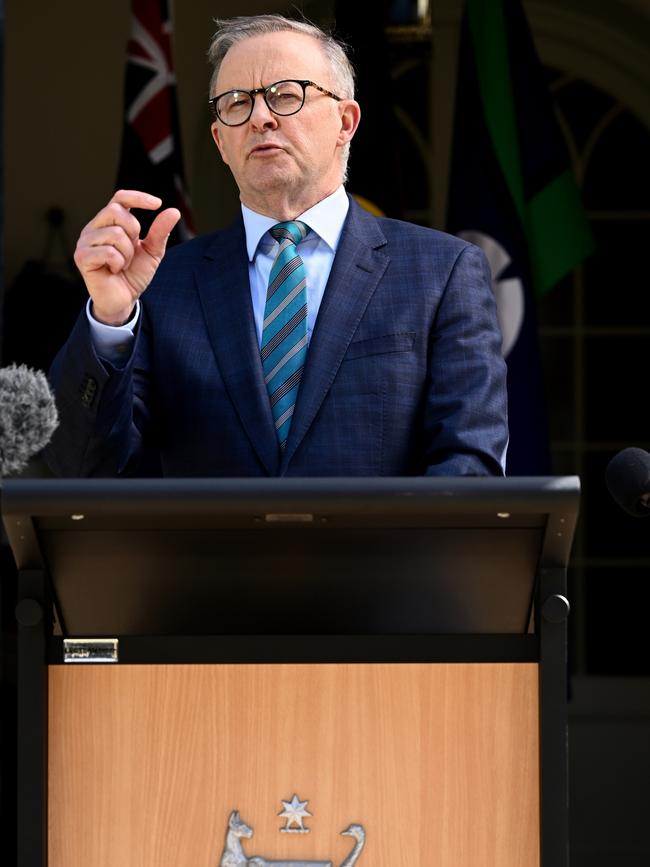
“Reducing death from a single respiratory virus became the primary function of public health,” Bell writes.
Second, public health used to be about maximising quality-adjusted years of life remaining, rather than minimising deaths regardless of age. “Though the average age of death from Covid-19 was similar to the age of all-cause death in most countries, and life-years lost is so fundamental to understanding disease burden, age was seldom mentioned in media reports,” he points out.
“Nearly everyone on Earth would agree that the impact of the death of a five-year-old will be greater than that of an 85 year old.” Yet by pushing hundreds of millions of people globally into poverty, by shutting down global trade, governments in rich countries contributed to the deaths of many young people.
Third, public health once defined individual health in terms of physical, mental and social wellbeing, as opposed to simply not dying from a respiratory virus.
“This is why the WHO, in its 2019 recommendations on pandemic influenza management, strongly advised against measures such as border closures, or quarantine or restriction of healthy people,” he adds.
To my mind, there is no question the world would be far healthier, happier and prosperous today if governments had done nothing in 2020 except provide the public with the best information they had about SARS-Cov2, compared to the socio-economic bonfire that we all witnessed beginning in early 2020.
While delaying a review into our response is advisable, it won’t make much of a difference anyway. We all learned a lot during the Covid-19 pandemic, about ourselves, our friends and family, government and human nature.
And one of those main lessons must be that in a time of panic, well-considered and sensible plans and viewpoints will be dumped. We should remember that rational behaviour is the exception not the norm.


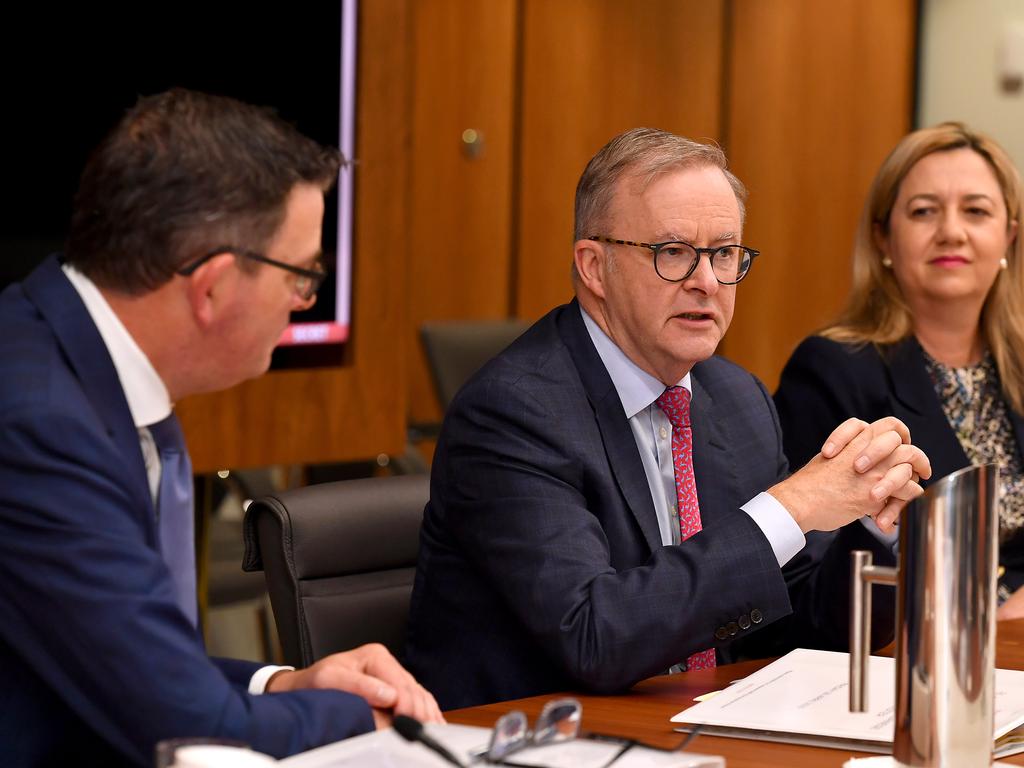

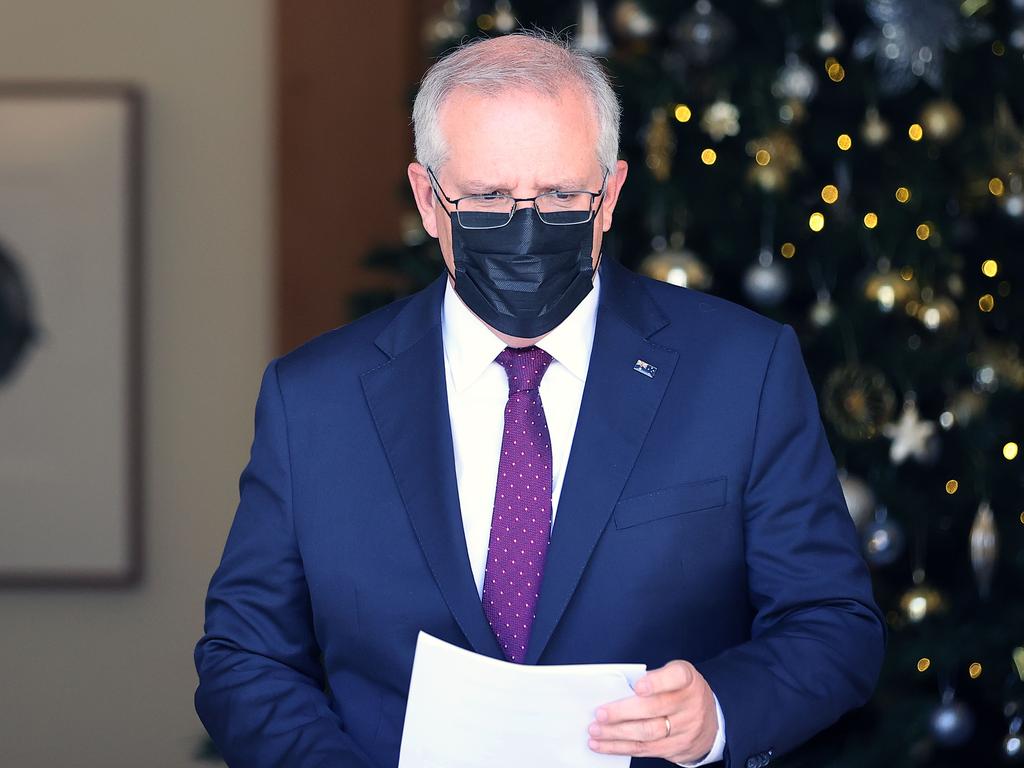


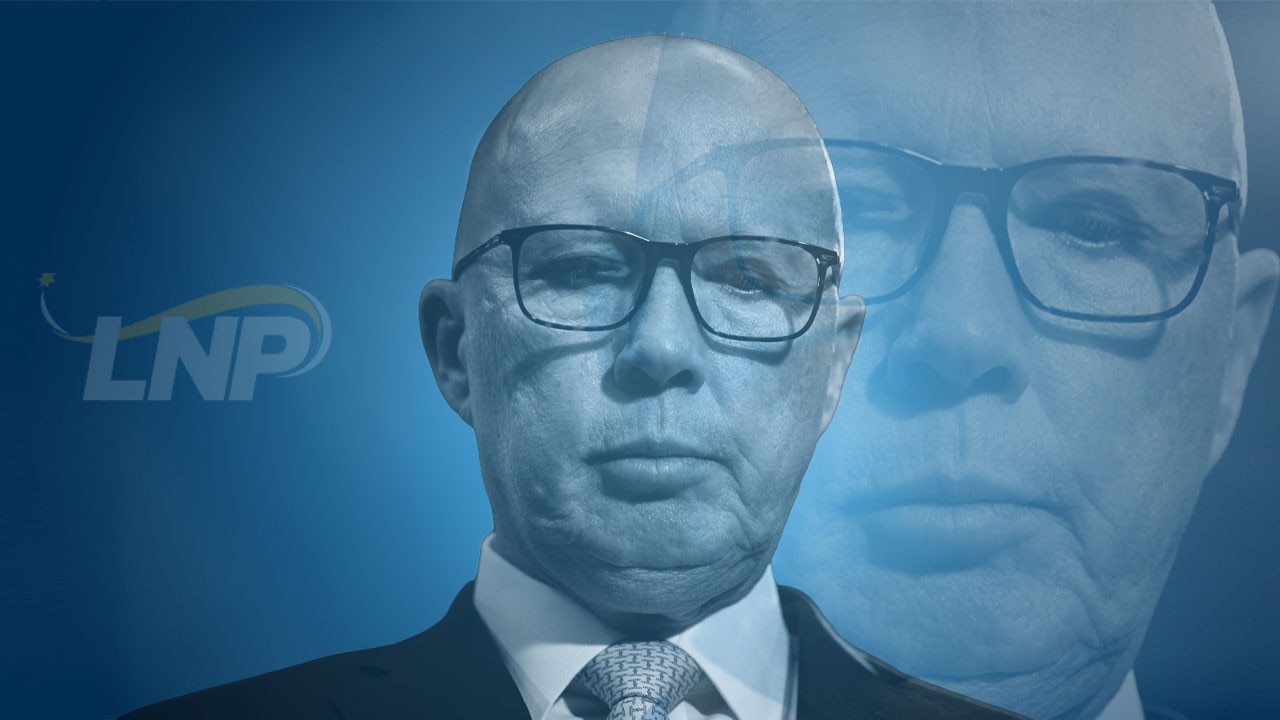
Foreign Minister Penny Wong’s remarks at the United Nations last week, in a session related to “pandemic prevention, preparedness and response”, were a stark reminder of why it’s too early to institute any inquiry into Australia’s Covid-19.